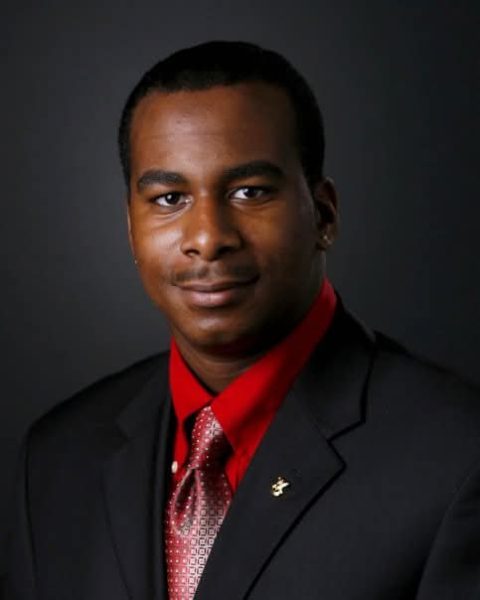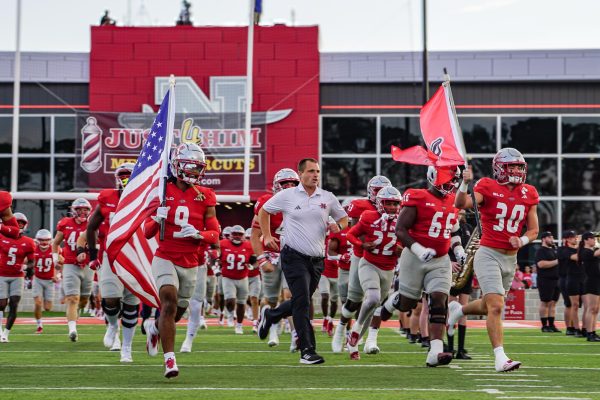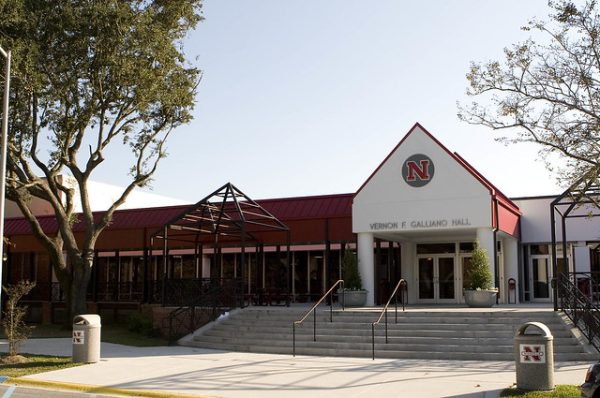Students expressing concern over parking tickets
Students have expressed concern over whether parking tickets issued by Nicholls State University Police are fair.
“The overall process of issuing parking citations and appeals is quite fair,” countered Craig Jaccuzzo, Chief of University Police.
On weekdays, officers issue tickets for parking zone violations from 6:00 a.m. to 3:00 p.m. Jaccuzzo assures that tickets before or after these hours violate other parking regulations such as parking in disability zones, fire zone, near fire hydrants, lack of parking decal or causing a nuisance to the flow of traffic.
Jaccuzzo admits that parking regulations can be interpreted incorrectly, saying, “The [officers who issue tickets] interpretation of the rules may be different than what administrators interpret. That is why we have the appeal process.”
When a student receives a ticket they can file a form online to appeal that ticket. If that appeal is denied they can appear before the Parking Appeal Committee, a group of faculty and students, to review parking citation appeals. The goal of the appeal process is to “catch any error in issuing tickets.” Students can also compensate up to two parking tickets by performing community service.
If a student accumulates five parking tickets on their account, University Police can boot their car.
Jaccuzzo explained the motivation behind the booting system, “The booting system was designed to keep students from ignoring their tickets and ending up in an area where they can’t register for class or graduate because they owe too much money.”
Jaccuzzo stresses that fines are not there to hurt students but to encourage them to follow the rules.
“The fine is added to make individuals respect the rules.” Jaccuzzo said, “It is not driven by a need of revenue.”
The money collected from parking tickets goes straight to the University, where it is dispersed to different departments as needed.
“Tickets are not issued as a revenue-based service,” Jaccuzzo stated. “It is done for us to have organizational control of parking and traffic to avoid congestion.”
Jaccuzzo attributes many of the student complaints to the limited parking available near the heart of campus.
“There is not enough parking to satisfy students who want to be by the academic buildings,” Jaccuzzo said.
“We have parking throughout this whole campus,” Jaccuzzo continued. “There are always an extra 200-300 parking spots on the outskirts of campus.”
Recently, 36 additional student parking spots were opened on Acadia Dr. and 27 spots where made available on Madewood Dr.
Parking spots are used by faculty, staff, students, and community organizations that sometimes use facilities on campus. According to Jaccuzzo, without parking tickets, parking violations would run rampant.
Each year, University Police conducts a survey of unused faculty parking spaces to determine which spaces can become open to students. As a result of downsizing, faculty positions and programs have been cut. This has made previously restricted parking available to students. A drop in enrollment has also resulted in more parking availability.
Jaccuzzo encourages students to read the pamphlet they receive when they buy their parking decals. This pamphlet details all of the parking infractions students are expected to follow.






